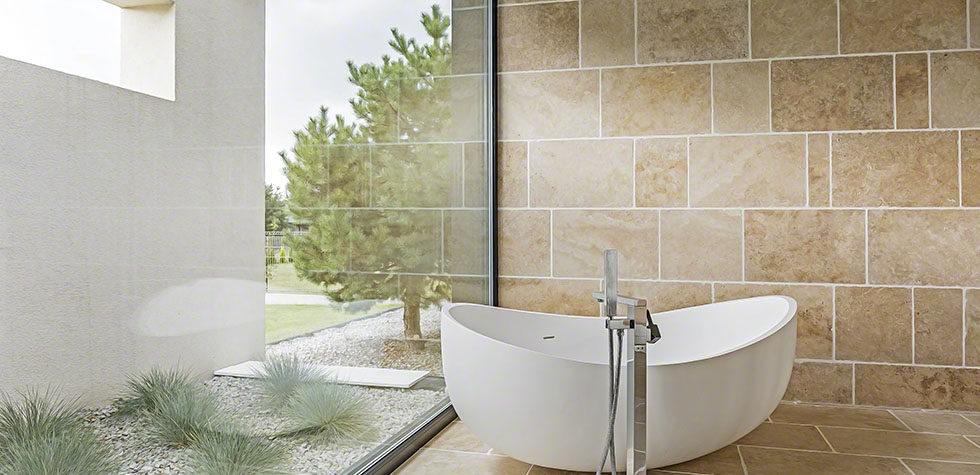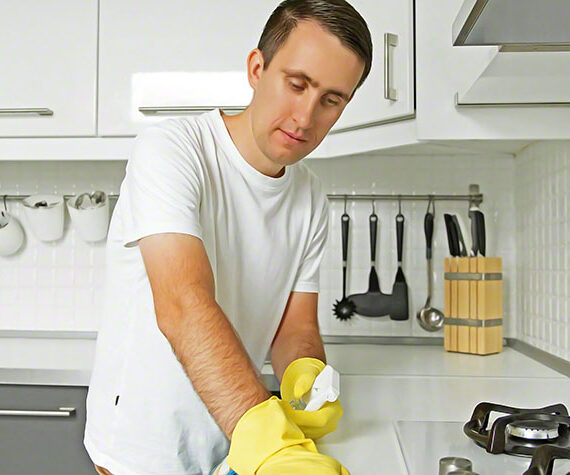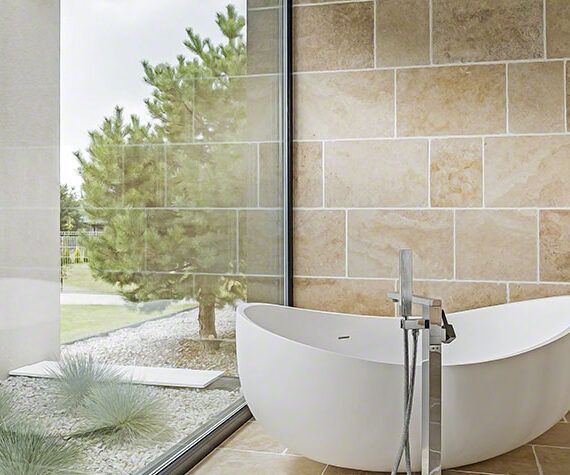Water softeners have become a popular household need nowadays. These machines are designed to remove minerals that otherwise make the water hard. Hard water is not only harmful to health but also destroys appliances. In this blog, we are going to discuss what is a water softener system and why you should opt for one. Let’s begin!
What Is A Water Softener?
A water softener is a type of machine that is designed to remove hardness from water. Typically, a water softening machine consists of several different components such as the brine tank and control valve etc. along with a bed of resin beads. These beads carry a charge that grab hold of the water hardening chemicals such as magnesium and calcium.
In addition to that, hard water is generally not harmful for health and is found in groundwater. Meanwhile, surface water in rivers and lakes tend to be comparatively softer. Even though hard water is not a health concern but can lead to severe blockages on a regular basis for example it can clog water pipes, taps, and leave white calcium residue on different parts of your swimming pool.
How Do Water Softeners Work?
Water softeners work by replacing the ions carried by hard water and replacing them with the ions of a different substance. The water softening process is controlled and tracked by components such as the control valve, which tracks the amount of water flowing into the mineral tank and when to initiate the regeneration cycle.
During the regeneration process, soft water is not available. Plus, in some softeners there is a reserve resin capacity so that some soft water is available for use. Apart from manually adding the salt, the machine is totally self-sufficient. It does not need to be controlled or adjusted.
Ion Exchange Process
Hard water is softened using an ion exchange process. In simple words, hard water is the type that contains relatively more minerals than average tap water. As a result, this type of water contains a huge amount of calcium and magnesium that makes it hard and difficult for products like soap to remove.
A water softening machine in that respect replaces the ions carried by the hard water with sodium chloride salt or brine.
Softener And Regeneration Cycle
A water softening machine has two primary functions: water softening and regeneration cycle. In the water softening process, the hard water passes through the resin beads and the charge is replaced with sodium ions. The process continues until the resin beads are no longer to grab hold of the hard water charges. At this point, the control valve initiates the regeneration cycle, which recharges the resin beads.
What Are The Components Of A Water Softener?
A water softener comprises many different parts that work together to remove hardness from water. First is the mineral tank. This is the place where the hard water is softened. It is filled by the water supply. The water flows through the bed of resin beads, which capture calcium and magnesium ions. Then, the water flows out through the exit point and into your house for usage.
Then there is the control valve. This component is designed to track and control the amount of water passing through the mineral tank and into your house. It also features a meter that keeps in check the amount of water that enters the mineral tank. As the water softening process takes place, the capacity of the resin beads reduces overtime. As a result, the beads become burdened and the control valve initiates the regeneration cycle.
Next is the brine tank. It sits adjacent to the mineral tank and is relatively shorter. The brine tank is designed to hold a highly concentrated solution of salt to recharge the resin beads. The salt is manually added to the tank, which positively charges the beads and settles at the tank’s bottom. As soon as the control valve determines that the resin beads are becoming too burdened, the brine solution is flushed out of its tank and through the resin in the mineral tank.
Final Word
Concluding, having a water softener in your house prevents you from all types of damages and health concerns. They might be a bit expensive but last at least somewhere around 10-15 years. Therefore, if you want your water supply to be as pure and clean as possible, you should consider water softener installation Meadville for your house.



